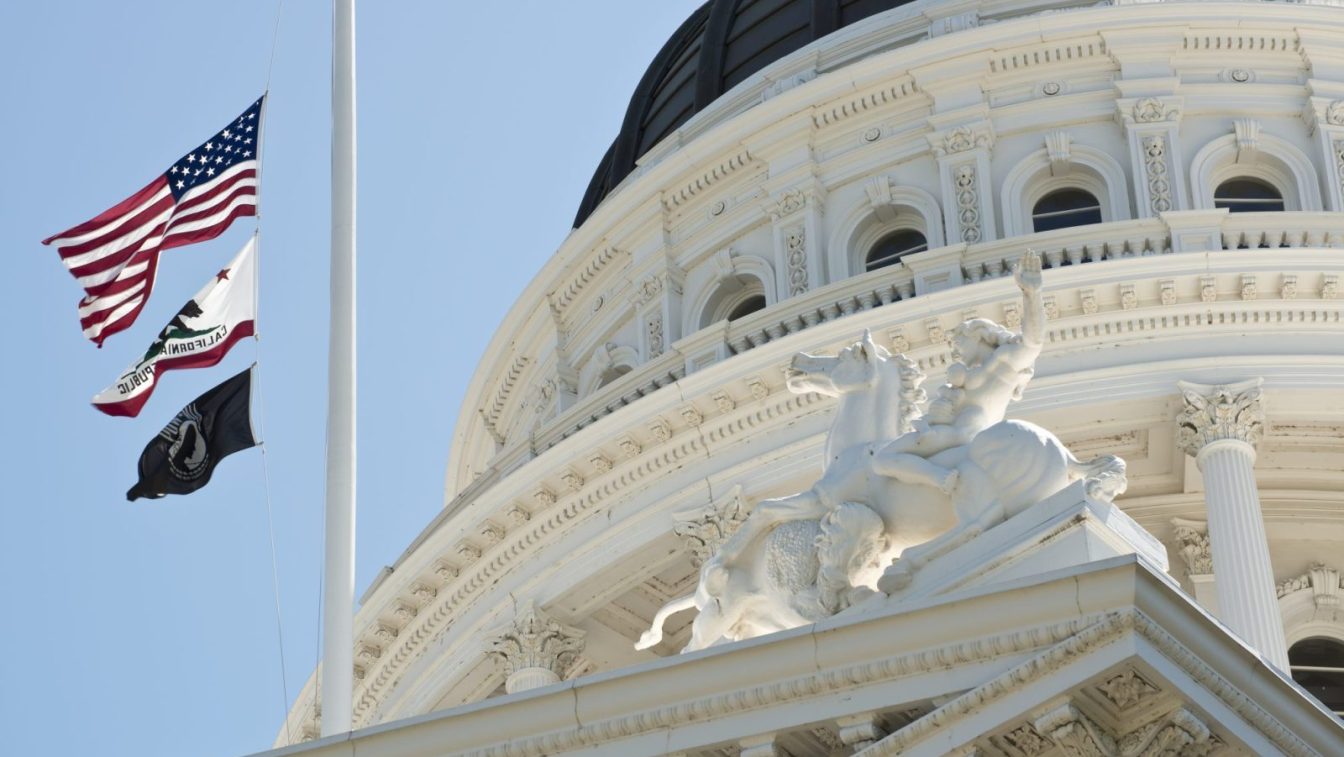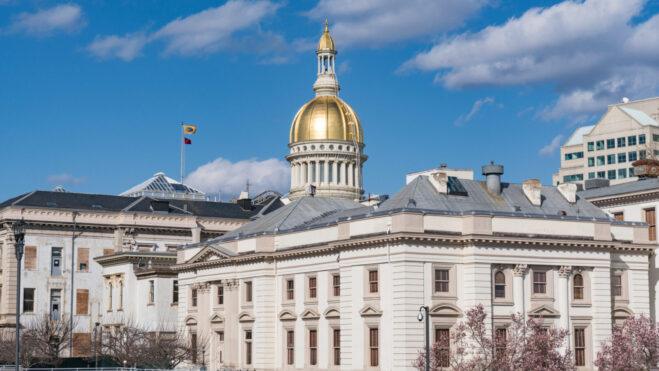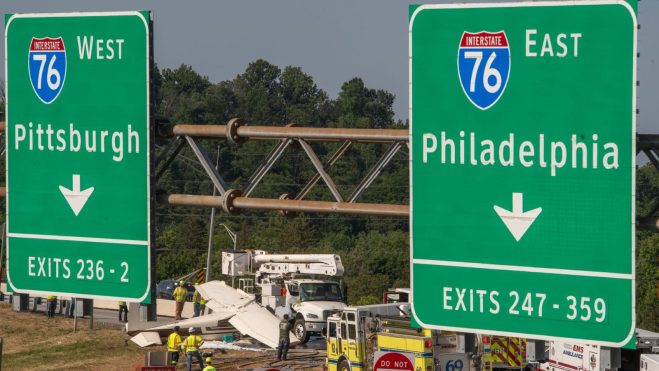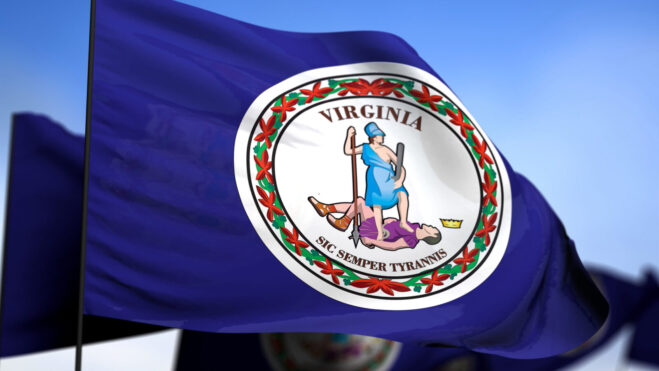California Anti-Sweeps Bill Heading Back To Full Assembly
AB 831 returns to the Assembly, awaits floor debate one day before legislative deadline
2 min
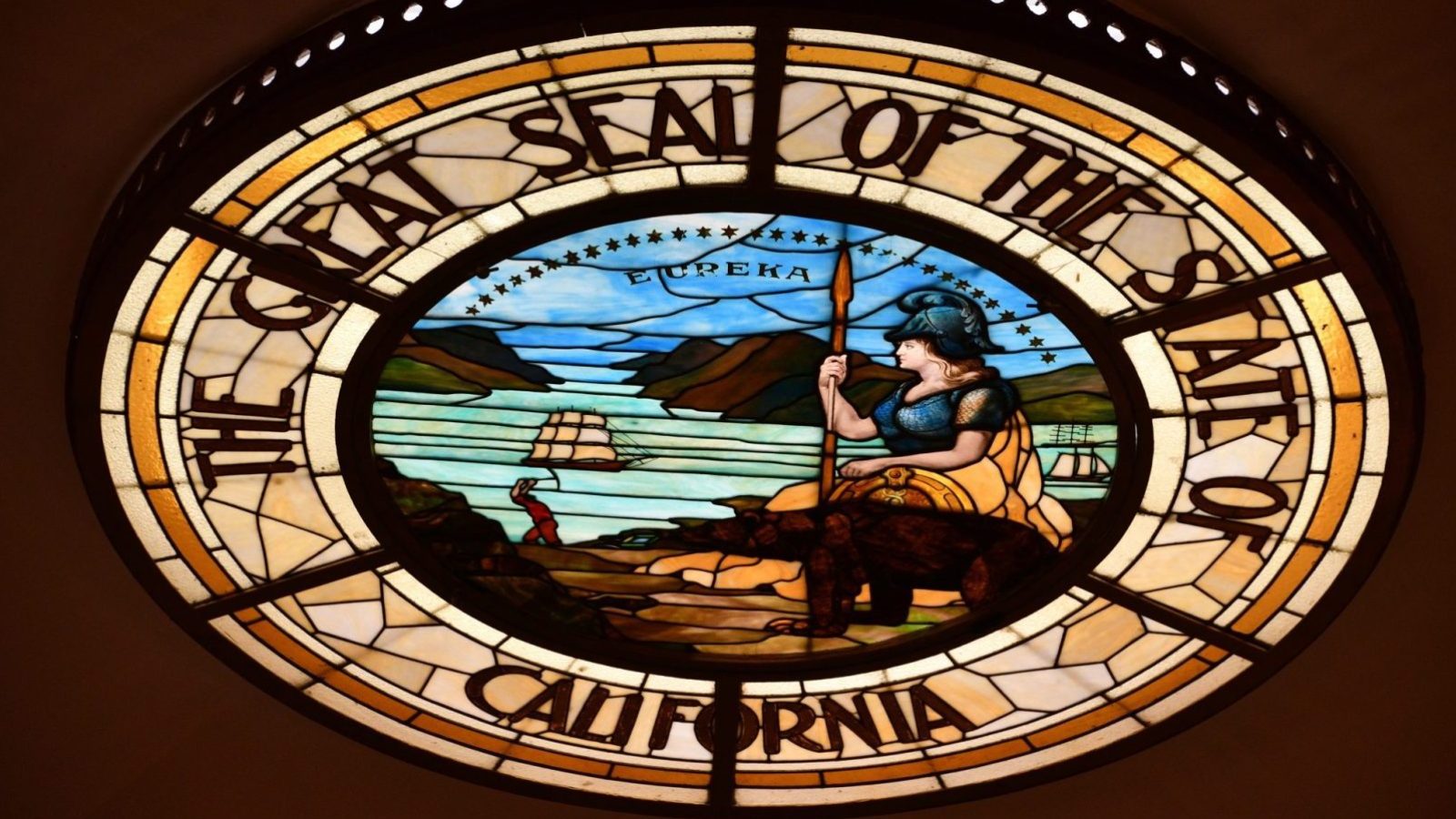
California bill AB 831‘s winding bicameral journey continued Thursday when the Assembly’s Governmental Organization Committee voted unanimously in favor of concurrence for Assemblyperson Antonio Valencia’s legislation that would ban online sweepstakes casinos in the Golden State.
The bill now heads back to the full Assembly floor and faces a Friday legislative calendar deadline for passage to be sent to Gov. Gavin Newsom’s desk. The governor has not tipped his hand regarding support or opposition for the measure.
Valencia’s “gut-and-amend” of a previous bill cleared three different Senate Committees and a revert back to second reading in the upper chamber prior to passage following amendments added to protect non-gaming sweepstakes operators.
The committee hearing featured testimony both for and against the bill, again showing the tribal community is not fully united on this matter. People identifying with eight different tribes voiced support of the bill after testimony was given. On the other side, dozens of members from the Kletsel Dehe Wintun Nation — among four tribes to publicly register their opposition — were in attendance wearing bright orange T-shirts that read “No to AB 831.”
Valencia makes his case
Valencia was joined on the front dais by Juan Herrera, director of state intergovernmental affairs for the Yuhaaviatam of San Manuel Nation. The assemblyman explained the purpose for his late amendments, noting the bill was designed “not to ban social sweepstakes.”
Valencia went onto explain the dual currency models sweepstakes casinos use, saying operators “exploit false necessary disclaimers and use dual currency models to take advantage of a legal gray area.” He added such methods offer no consumer protections and no economic benefits to the state while leaving youth and those with gambling addiction at risk.
Herrera echoed those sentiments while adding, “For tribes like San Manuel, gaming revenues fund critical services and community investment.” He also pointed out the bill has no impact on such California gaming issues as sports betting, cardrooms, and daily fantasy sports.
In addition to tribal representatives voicing support, the Sports Betting Alliance and California Chamber of Commerce offered backing of the bill.
Levine speaks in opposition
Shane Levine, speaking on behalf of the Social Gaming Leadership Alliance (SGLA), offered rebuttal testimony. He immediately countered the notion that sweepstakes operators offer no economic benefits to California, claiming “this bill would wipe out more than one billion dollars in annual economic activity to the state.”
Levine also stressed that sweeps operators want regulatory oversight in place in California, saying they have presented a framework that could generate up to $300 million in annual revenue while also bringing best practices that would go toward codifying age verification and consumer protections.
Lastly, Levine noted the bill would create an economic stratification that “silences our tribal partners who rely on digital opportunities while the proponents who invested hundreds of millions of dollars in Las Vegas and California coastal properties to seek to deny our tribal partners the very opportunities the proponents themselves have used.”
Large-scale sweepstakes operator VGW and the Social & Promotional Gaming Association (SPGA) also registered their opposition to the measure by voice comment.
The committee weighs in
Committee member Diane Dixon noted that there was no consumer commentary among all those who voiced support and opposition to the bill. She inquired whether consumer groups outside California were actively opposing operators who use dual currency methods and petitioning state legislatures.
Herrera claimed in response that there are 16 states that have or are in the process of taking “action to do basically what we’re attempting to do in California,” describing it as a “national push.”
Chair Blanca Rubio again expressed light frustration of the bill coming to the committee as a “gut-and-amend,” citing the additional burdens it puts on legislators in terms of obtaining a complete picture of information. She expects this issue to continue coming up in part due to technological gaming innovations and tribal sovereignty concerns.
But Rubio also called Valencia’s legislature “a good bill” and lauded his efforts in adding language that clarified legislative intent before providing her support. There were no further questions from committee members before going to a vote. That count was 17-0 before absent members completed the unanimous tally.


